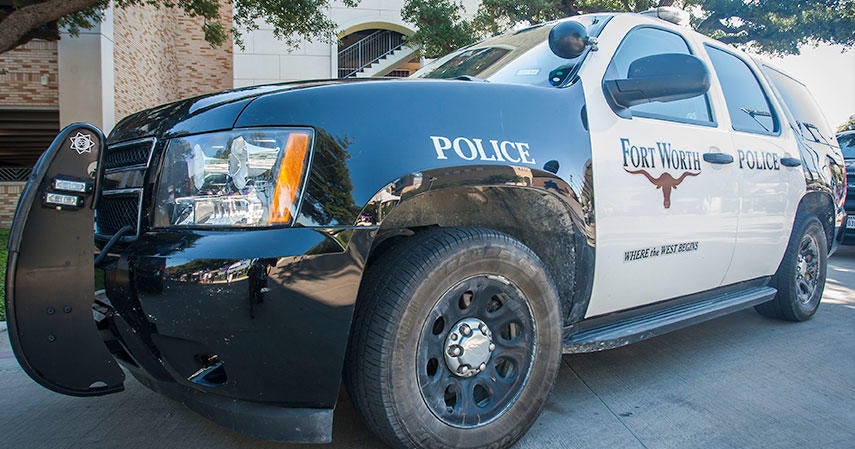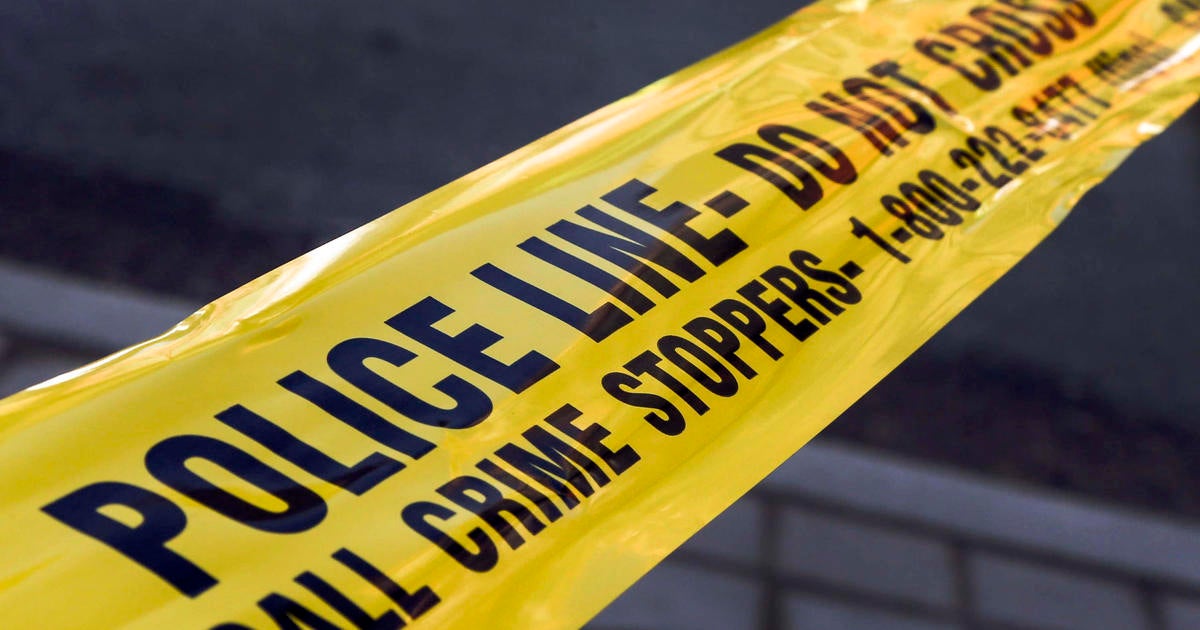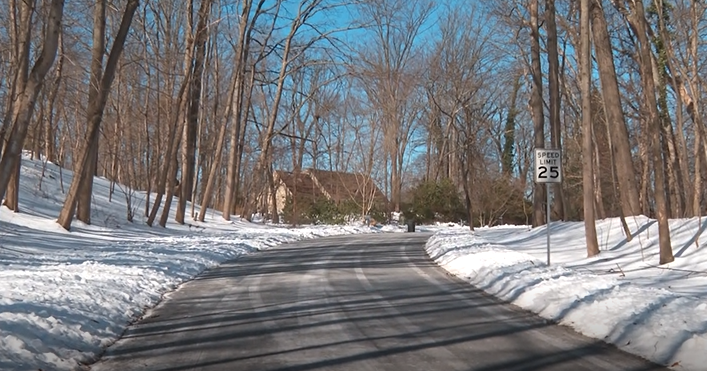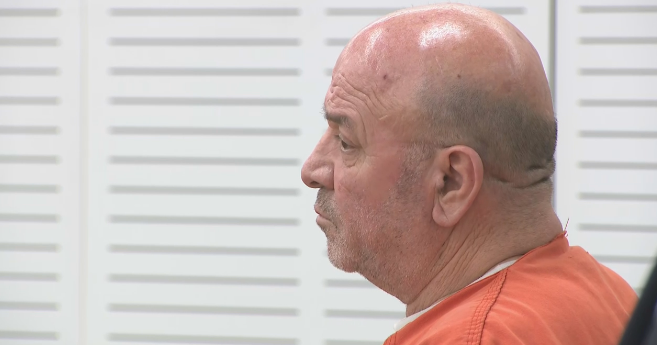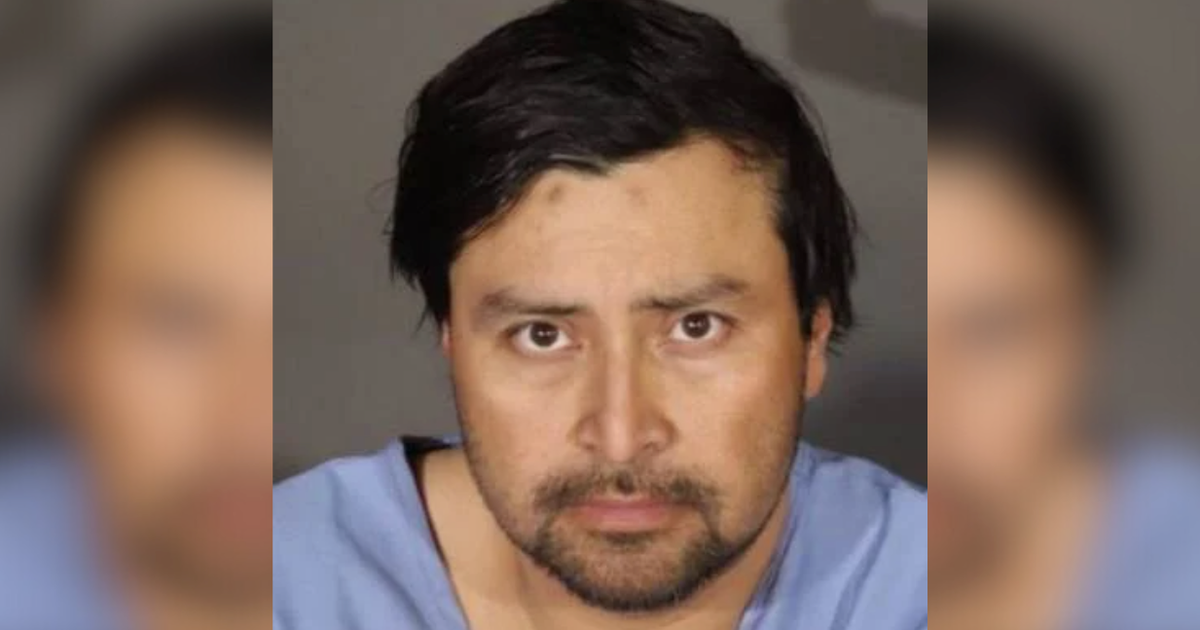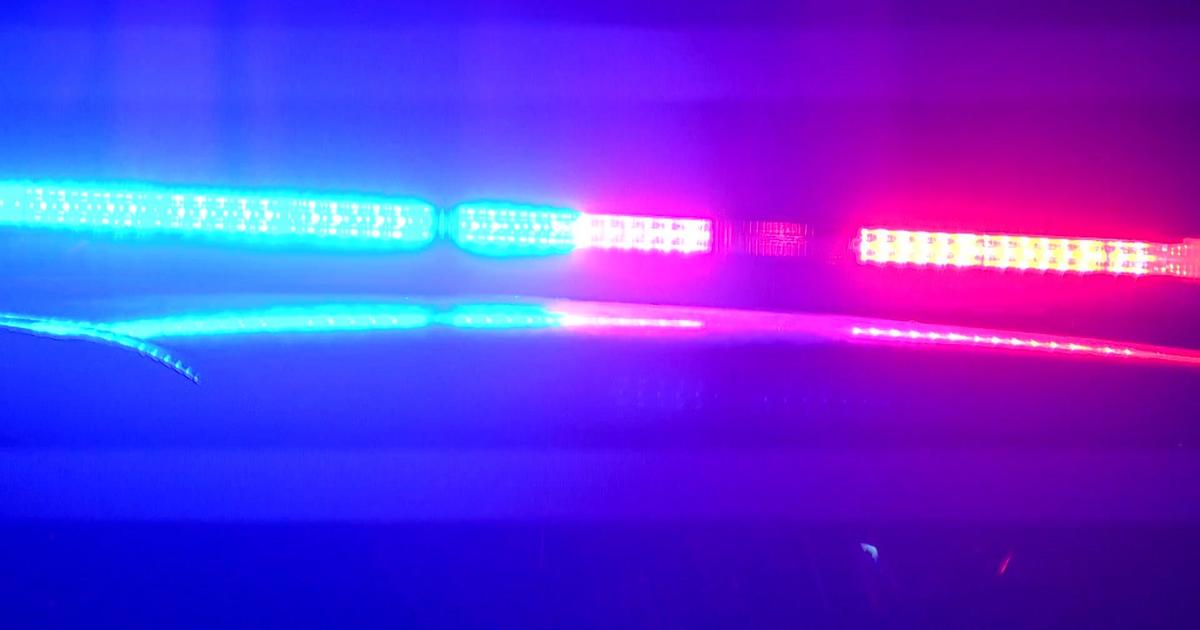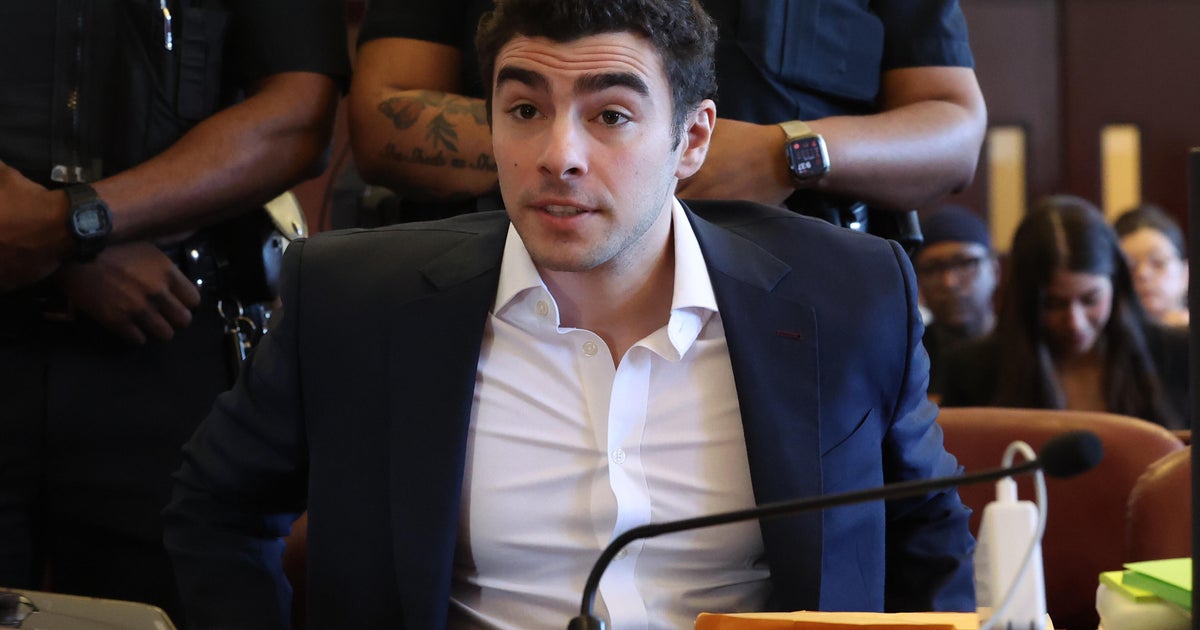Judge Reads Charge To Potential Jurors In Zimmerman Trial
SANFORD (CBSMiami/AP) — Potential jurors for the trial of George Zimmerman, the man who fatally shot unarmed teen Trayvon Martin, started Wednesday with a Florida judge reading the formal charge against Zimmerman, and then later reminded by the prosecutor that the case will be different from what they've seen on shows like "Law & Order."
Miami Teen Trayvon Martin's death prompted public outrage around the nation, with some accusing Sanford police of failing to investigate the shooting thoroughly from the beginning because of Martin's race and because he was from the Miami area. Martin was black; Zimmerman identifies as Hispanic.
After the judge read the charge, prosecutor Bernie de la Rionda began a second round of more intensive questioning with the 40 potential jurors, whose names are kept confidential. He asked about how long they have lived in Florida; whether they supervised workers; their hobbies; if they had previously served on juries; if they're married; and what their spouses did for a living.
He also warned jurors that they would have to forget about anything they knew about the case previously and base their information only on what they heard in the courtroom. He reminded them the judicial system is quite different than what they see on television shows like the "CSI" and "Law & Order" franchises.
"What you heard and saw anywhere outside the courtroom can't factor into your decision," he said. "What you saw on TV or on the Internet or read or what the media said is completely irrelevant."
Several candidates were involved with rescuing animals, and the pool included a competitive arm-wrestler and a man who enters barbecue competitions. Seven potential jurors said they had previously been arrested. But they said that their cases had been dropped and that they thought they were treated fairly.
Fourteen candidates said they had been victims of crimes, including four involving violent crimes. A white woman in her 50s said it would be difficult for her to keep her experience with a violent crime out of the courtroom.
"It's always in my mind," she said.
De la Rionda also asked if the potential jurors had been members of a neighborhood watch group and if it was acceptable for individuals to take the law into their own hands. None of the jurors had much experience with neighborhood watch groups and for the most part didn't believe it was OK for individuals to act as law enforcement officers.
"There may be occasions, but I would generally say no," said a middle-aged black man.
Twenty-seven of the 40 potential jurors are white, seven are black, three are mixed race and three are Hispanic. Twenty-four are women and 16 are men.
The racial and ethnic makeup of potential jurors is relevant, prosecutors say. They have have argued that Zimmerman, a neighborhood watch volunteer for his gated community in Sanford, Fla., profiled Trayvon Martin when he followed the teen last year as Martin was walking back from a convenience store to the house of his father's fiancee.
Zimmerman fatally shot Martin a short time later following a confrontation that was partially captured on a 911 call.
The 40 potential jurors represent a cross-section of people from all walks of life and ethnic backgrounds who have varying levels of familiarity with the case's basic facts.
Through an initial round of interviews that included questions focused on pretrial exposure to the case via the news media or other means, lawyers were able to find a group of potential jurors who said they could focus on testimony provided in the courtroom.
The final jury will be sequestered throughout the trial to protect jurors from outside influence.
A white man in his 50s who described previously serving on a jury said he enjoyed the experience.
"Everybody hear that?" de la Rionda asked the jurors with a smile.
"It was one day. We weren't sequestered," the juror shot back.
(TM and © Copyright 2013 CBS Radio Inc. and its relevant subsidiaries. CBS RADIO and EYE Logo TM and Copyright 2013 CBS Broadcasting Inc. Used under license. All Rights Reserved. This material may not be published, broadcast, rewritten, or redistributed. The Associated Press contributed to this report.)
